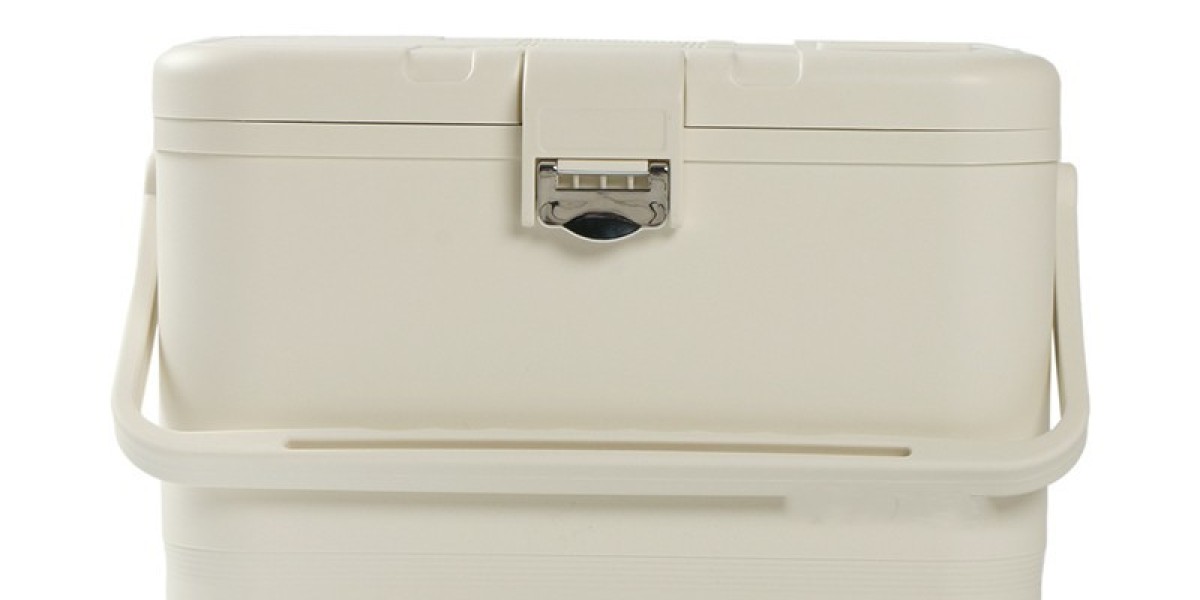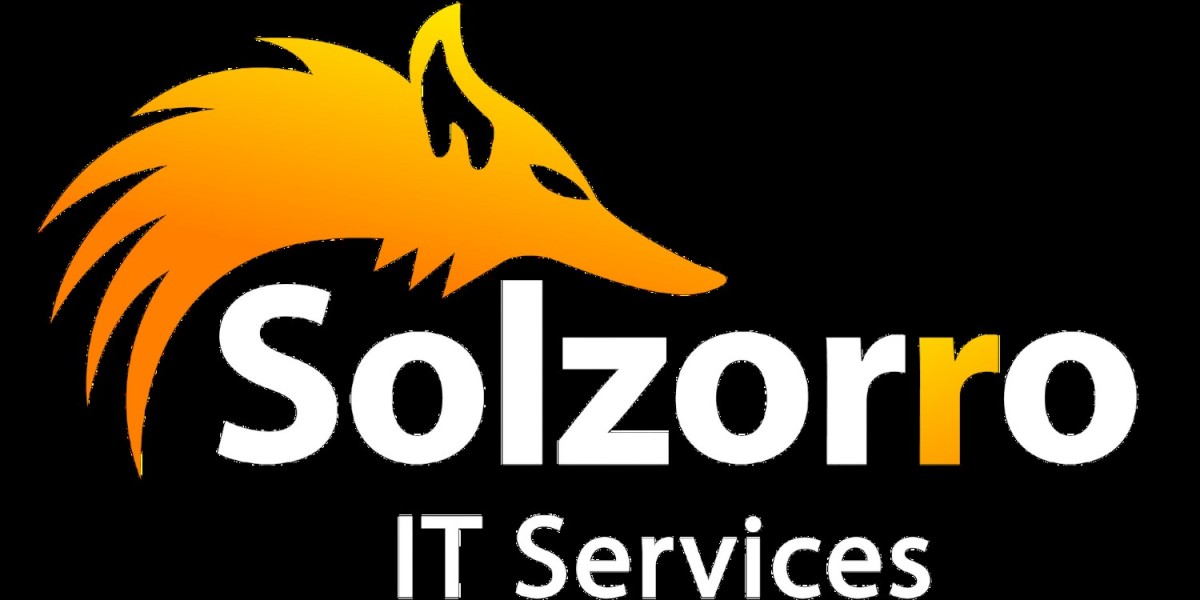The vaccine transport carrier market is crucial for maintaining vaccine potency during transportation. However, despite its significance, multiple factors hinder its seamless operation. From logistical hurdles to financial constraints, various challenges prevent the smooth distribution of vaccines globally. The following are the key market restraints affecting the vaccine transport carrier market.
High Initial Investment And Maintenance Costs
- Manufacturers require substantial capital to develop technologically advanced vaccine carriers.
- Research and development expenses for improving insulation and refrigeration technology add to costs.
- High maintenance costs associated with temperature monitoring systems strain operational budgets.
- Small-scale healthcare providers and distributors struggle to afford advanced transport carriers.
- Battery-operated and electrically powered carriers demand continuous servicing, increasing long-term expenses.
- Emerging markets face challenges in investing in premium vaccine transport solutions.
Insufficient Cold Chain Infrastructure In Developing Regions
- Many developing countries lack a well-established cold chain system for vaccine distribution.
- Poor road connectivity increases transportation time, affecting vaccine potency.
- Frequent power outages make it difficult to maintain temperature-controlled storage.
- Limited access to refrigerated transport options results in temperature fluctuations.
- Absence of backup cooling solutions leads to vaccine wastage in case of equipment failure.
- Lack of investment in rural healthcare infrastructure restricts vaccine availability.
Limited Standardization In Regulations And Compliance
- Different countries impose varying regulations for vaccine transport, complicating compliance.
- Lack of uniform global standards leads to inefficiencies in international vaccine distribution.
- Stringent documentation requirements slow down cross-border transportation.
- Frequent changes in policies increase costs for manufacturers and logistics providers.
- Compliance with Good Distribution Practices (GDP) adds financial and operational burdens.
- Smaller players struggle to meet certification requirements, reducing market participation.
Short Shelf Life Of Certain Vaccines
- Some vaccines require strict temperature control to prevent rapid degradation.
- Even minor temperature deviations can render a vaccine ineffective.
- Limited time frame for storage increases pressure on transport carriers to deliver swiftly.
- Higher risk of wastage leads to financial losses for manufacturers and suppliers.
- Inefficient tracking systems make it difficult to monitor real-time vaccine conditions.
- Challenges in maintaining cold storage during transit increase spoilage risks.
Lack Of Skilled Workforce For Handling And Transportation
- Inexperienced personnel may mishandle vaccine transport carriers, leading to spoilage.
- Insufficient training in cold chain management affects vaccine integrity.
- Logistics staff often lack expertise in operating temperature-controlled carriers.
- Errors in handling dry ice and liquid nitrogen impact ultra-low temperature vaccines.
- Limited knowledge about WHO and GDP guidelines leads to regulatory non-compliance.
- Shortage of qualified personnel in remote areas restricts vaccine distribution.
Impact Of Unfavorable Climatic Conditions
- Extreme temperatures in certain regions challenge vaccine transportation.
- Excessive heat can cause vaccine carriers to overheat, leading to spoilage.
- Freezing conditions pose risks for vaccines that require controlled refrigeration.
- High humidity levels affect the insulation efficiency of vaccine transport carriers.
- Weather-related transportation delays disrupt timely vaccine delivery.
- Lack of climate-resilient transport carriers limits market expansion in specific regions.
Supply Chain Disruptions And Logistics Constraints
- Global supply chain disruptions affect the availability of essential carrier components.
- Shortages of cooling materials delay the production of vaccine transport carriers.
- Port congestion and transportation strikes hinder timely vaccine distribution.
- Limited air freight capacity affects the shipment of temperature-sensitive vaccines.
- Geopolitical conflicts impact cross-border vaccine transportation logistics.
- Dependence on third-party logistics providers increases risks of inefficiencies.
Rising Operational Costs For Cold Storage And Transportation
- Increased fuel prices raise transportation costs for temperature-controlled vehicles.
- High energy consumption in refrigerated carriers adds to operational expenses.
- Dependency on non-renewable energy sources increases long-term costs.
- Limited adoption of cost-effective sustainable cooling solutions.
- Inflationary pressures result in higher production costs for vaccine transport carriers.
- Cost-cutting measures compromise the quality of transport carriers, affecting vaccine safety.
Limited Adoption Of Advanced Technologies In Certain Markets
- Developing regions lack access to IoT-enabled and smart vaccine carriers.
- High cost of digital monitoring solutions limits widespread implementation.
- Traditional vaccine transport carriers lack real-time tracking capabilities.
- Integration of AI and machine learning remains low due to technological barriers.
- Dependence on manual temperature monitoring leads to potential human errors.
- Resistance to transitioning from conventional methods to advanced logistics solutions.
Inadequate Government Support And Funding In Some Countries
- Limited budget allocation for vaccine transportation infrastructure.
- Developing countries struggle to secure international funding for cold chain improvements.
- Lack of financial incentives for manufacturers to develop cost-effective transport carriers.
- Bureaucratic delays in approving new vaccine transport technologies.
- Insufficient public-private partnerships for strengthening vaccine distribution networks.
- Minimal policy support for research and development in vaccine transport innovations.
Challenges In Transporting Ultra-Low Temperature Vaccines
- mRNA vaccines require storage at ultra-low temperatures, posing transportation challenges.
- Limited availability of ultra-cold freezers in remote and developing areas.
- Use of dry ice in transportation demands specialized handling procedures.
- Risk of temperature excursions increases during long-distance shipping.
- Lack of suitable last-mile delivery solutions for ultra-low temperature vaccines.
- High costs associated with maintaining ultra-low temperatures throughout transit.
Threat Of Counterfeit Vaccine Transport Carriers
- Increasing presence of low-quality, uncertified transport carriers in the market.
- Counterfeit products fail to provide the necessary temperature stability.
- Lack of stringent checks leads to unauthorized carriers being used in vaccine distribution.
- Use of substandard insulation materials affects vaccine viability.
- Poorly manufactured carriers compromise the safety and efficacy of vaccines.
- Regulatory authorities face challenges in identifying and eliminating counterfeit carriers.



